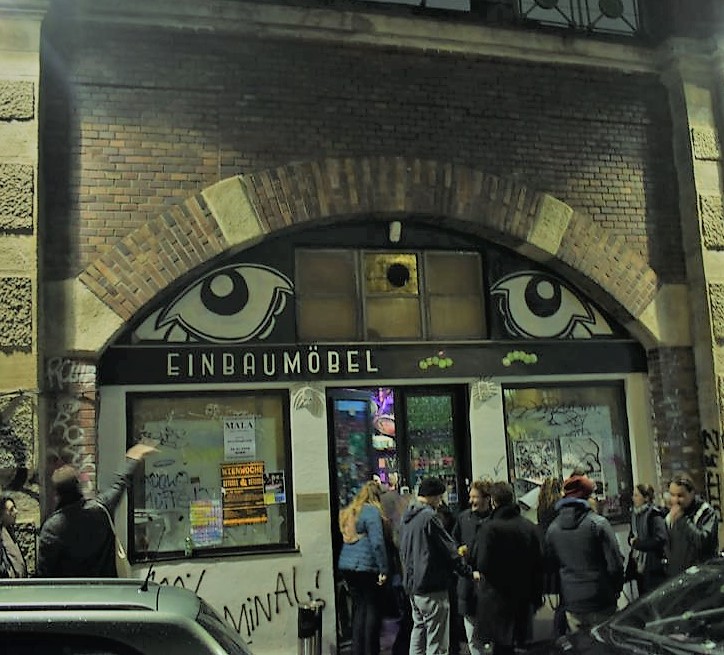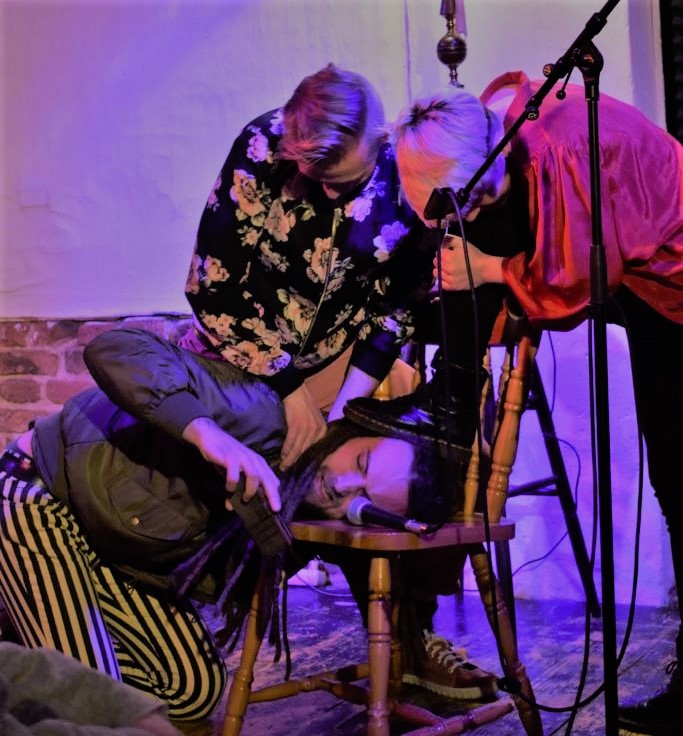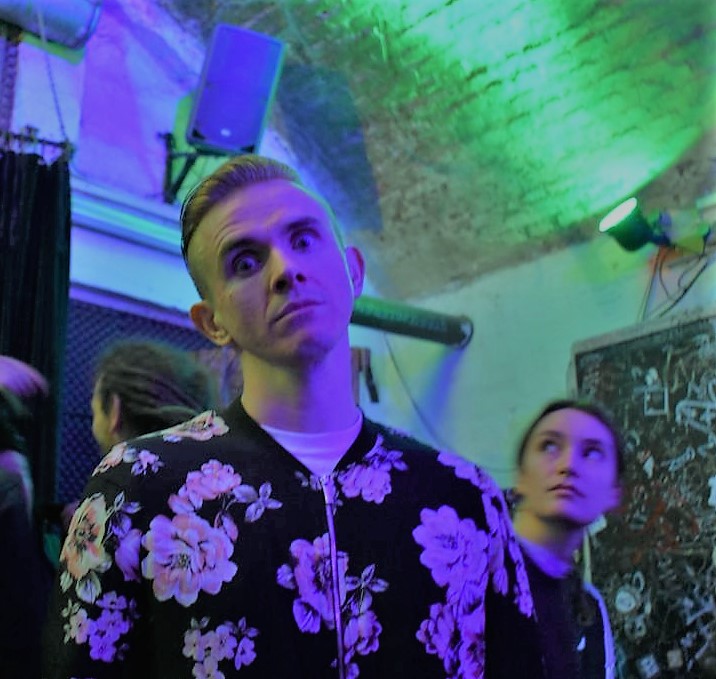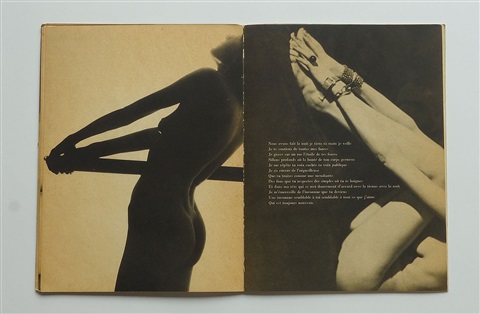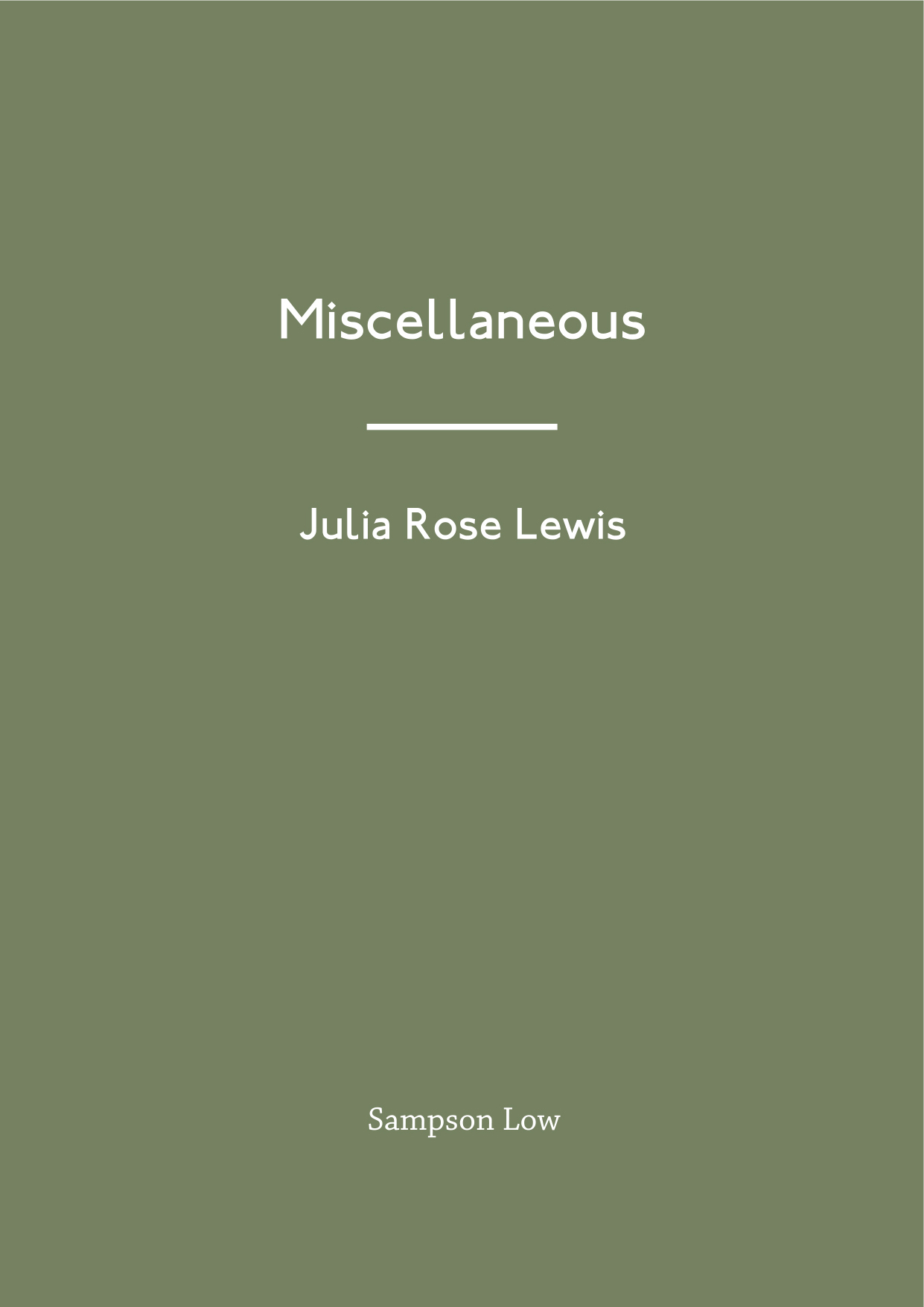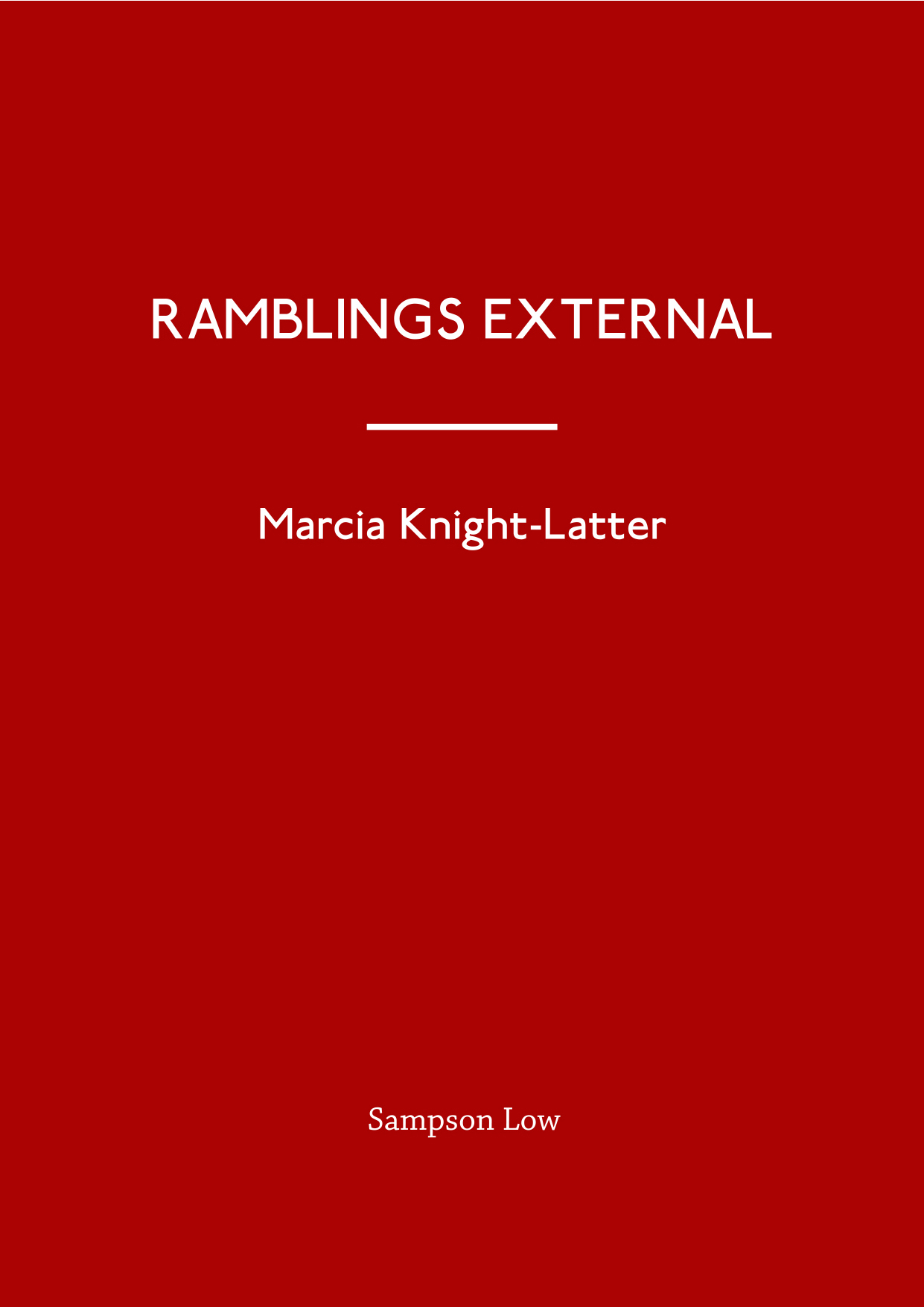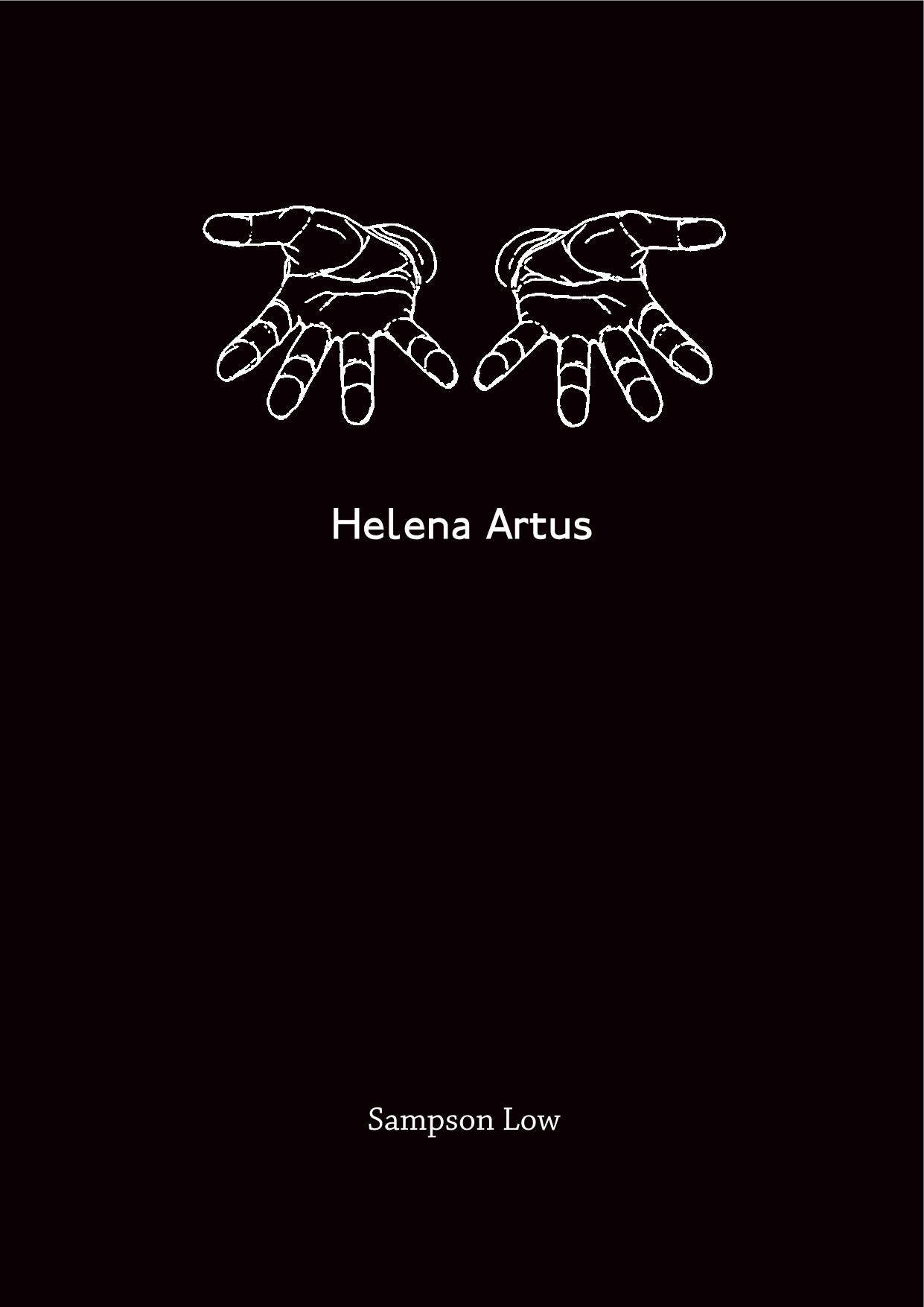This poetic essay by David Spittle, responding to my feature length poetry film, Animal Drums, made with Joshua Alexander, is generous. It contains some of the most accurate, in my opinion, writing about what I’m trying to do with my work, in general. Good of Hotel Magazine to publish it https://partisanhotel.co.uk/After-Animal-Drums
“This is a poet whose art (in poetry/performance/the visual and audio) splits its energy between accident and intention to often explore an uncomfortable ambiguity between the offensive and its jagged critique or parody. The position or role of ‘offense’ is a potent drive behind much of Fowler’s fragmented questioning, as alive in his poetry as it is in the film. The problematic insistence on the ‘problematic’ in art has itself become increasingly problematic. The polarized bludgeoning of forces like Twitter have created a binary culture whereby the progressive and ongoing work to remove institutionalised prejudice and broaden inclusivity in art is damagingly conflated with a need to reductively limit art to moralising megaphones of ideology. Animal Drums splinters this conviction and instead opens up a troubling examination of where the troubled mind might go, anonymous and vulnerable or overlooked and dangerous, lonely or free, lost in a city equally beset by the drive to insist upon moralising cultural dedication at the very same time it deepens a perversion of those values. The plague doctor’s mask never slips but the film suggests that maybe the plague we are now confronted with is one of masks.”


